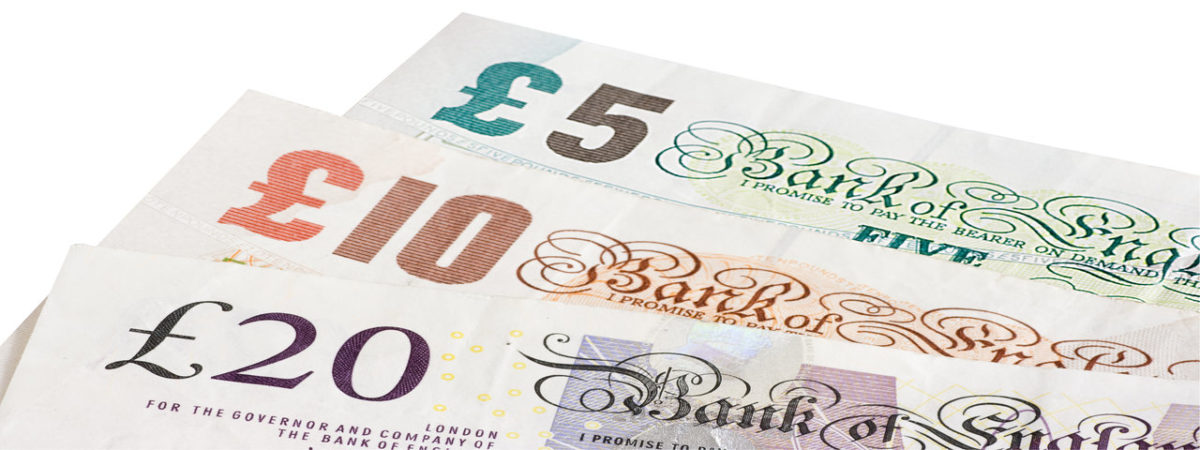Economic Freedom and Representative Government
SUGGESTED

Essays on the economic consequences of political action to restrict rents in five countries

F. A. Hayek's classic paper on free banking

F. A. Hayek's groundbreaking analysis of how to preserve economic freedom in a democracy
This short pamplet, first published in 1973 and now available for the first time in pdf format, is a useful introduction to F. A. Hayek’s thinking on political institutions, which he developed in more detail in Law, Legislation and Liberty.
1973, ISBN 978 0 255 36052 4, 22pp, PB
Please note, the printed version of the pamplet is out of stock.
Further reading:
The Confusion of Language in Political Thought by F.A. Hayek
The Road to Serfdom with The Intellectuals and Socialism by F.A. Hayek.
Choice in Currency: A Way to Stop Inflation by F.A. Hayek.
Denationalisation of Money by F.A. Hayek
A Tiger by the Tail: The Keynesian Legacy of Inflation by F.A. Hayek
Adam Smith – A Primer by Eamonn Butler.
Material about Hayek on the IEA blog
Fullscreen Mode



